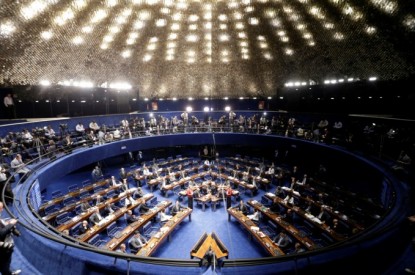Legislation
Nicaragua – Nicaraguan government passes major gaming reforms
By Phil - 20 October 2014
The Nicaraguan government has passed reforms which transfers control over the Nicaraguan gaming industry from the Ministry of Tourism to the Ministry of Finance and the Financial Analysis Unit (UAF).
According to lawmakers, the reforms mean that casinos and slot parlours will be “forced” to pay taxes based on their real profit after MPs unanimously approved an amendment to the Special Law for the Control and Regulation of Casinos and Gaming Rooms, or Act 766 as it is otherwise known.
Under new rules casinos and slot parlours will now come under the control of the Ministry of Finance, which will be aided by the Financial Analysis Unit, which is responsible for combating money laundering, along with the Tax Department of Nicaragua (DGI).
Congressman Wálmaro Gutierrez, Chairman of the Committee on Production, Economics and Budget of the National Assembly, welcomed the new reforms saying in the past that the industry had paid too little taxes to the state and from now on “will be forced to pay.”
However, concern is still growing around illegal gambling which continues to rise in small businesses. There are still an estimated 11 thousand to 13 thousand unauthorised slot machines located in pharmacies, markets, shops and bars in the country.
In Nicaragua there are currently 16 casinos, 750 slot parlours and around an estimated 13 thousand slot machines. Casinos generate around C$130m tax a year. Under current rules slot parlours which have up to 100 slot machines pay US$25 per month per machines. Those with 200 must pay US$35 per slot machine while those operating more than 300 slot machines must pay US$50 per month. The smallest slot parlour must house at least ten slot machines while the largest must hold above 71 slot machines with each category falling into a separate tax category.
Changes to Nicaragua’s gaming laws, which were first passed in 2011, are necessary according to the government due to the fast rise of gaming in the country. Describing the gaming industry as an increasingly lucrative business, it was decided that the most appropriate institution to regulate the activity was the Ministry of Finance. The reforms also create a new “Casino Control Council” which together with the Ministry of Finance will be responsible for regulating all matters related to gaming in the future.



